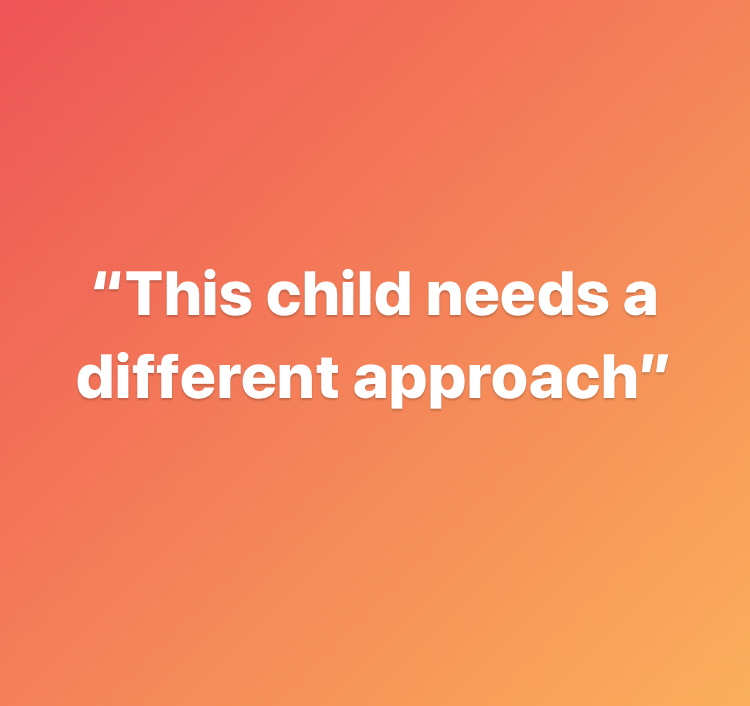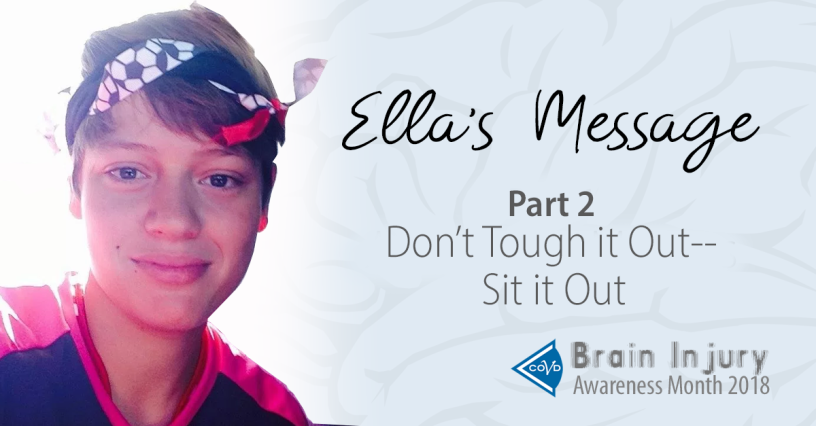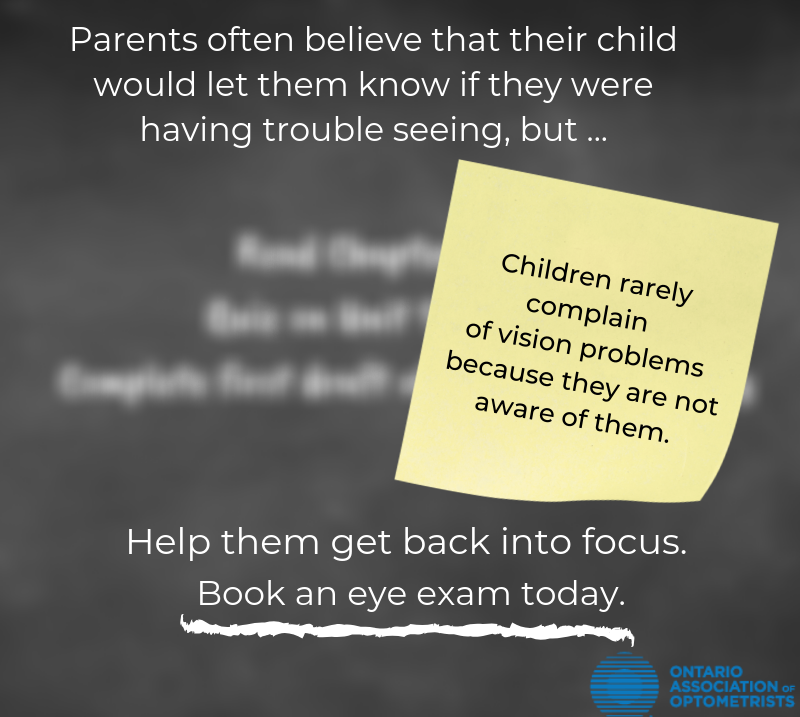On January 30, 2018, 3 members of the CW Tech Robotarians from Southern Michigan made a presentation to the Michigan Senate Health Subcommittee in support of Senate Bill 411. The purpose of the bill is to screen kids earlier and more frequently for vision problems which can affect reading and learning. There is an emphasis on not only eye health, but also visual functioning, and it specifically mentions accommodation (focusing skills), eye movement skills, and convergence! Kevin Skorupa, Steven Chapman and Jared Martin speak on behalf of Kevin’s brother, who suffered from convergence insufficiency up until he was in grade 12. He suffered from headaches and double vision, and this had significant emotional impact on him as he struggled in school. He was held back a grade when his parents and teachers could not identify the source of the problem, and he was often punished for not finishing his schoolwork, which resulted in him missing out on extracurricular activities and sports. Fortunately, his parents heard about Convergence Insufficiency and took him to a Developmental Optometrist, where he was treated with vision therapy. His headaches and double vision were eliminated, and he was able to make the honour roll at school!
In the video below, these bright, young men do a very good job of describing this condition and the impact it can have on a person’s life and family. Thank you for your hard work in bringing awareness to this type of vision problem!
Video: The VisionHelp Blog





